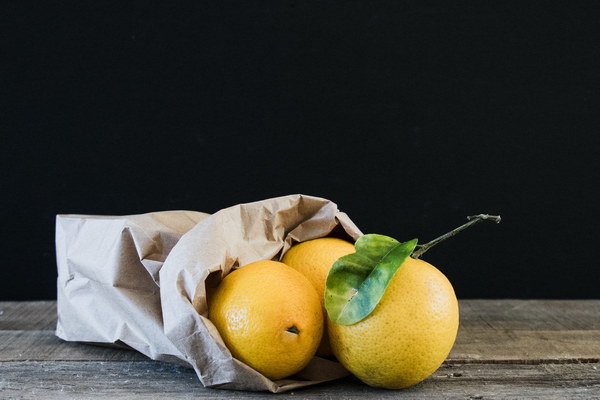Does Lung Cleansing Lead to Phlegm Production
Lung cleansing has gained significant popularity in recent years, as more people become aware of the importance of maintaining healthy lungs. However, one common concern that arises among individuals who are considering lung cleansing is whether it will lead to the production of phlegm. In this article, we will explore this question and provide you with an in-depth understanding of the relationship between lung cleansing and phlegm production.

To begin with, it is essential to understand what lung cleansing entails. Lung cleansing, also known as lung detoxification, is a process aimed at removing toxins, pollutants, and impurities from the lungs. This can be achieved through various methods, such as herbal remedies, deep breathing exercises, and even certain dietary changes.
One of the primary reasons why lung cleansing is recommended is to improve lung function and overall respiratory health. When the lungs are free from toxins, they can perform their job of oxygenating the blood more efficiently. This can lead to improved energy levels, better sleep, and a reduced risk of respiratory infections.
Now, let's address the main concern: does lung cleansing lead to the production of phlegm? The answer is not straightforward, as it depends on several factors, including the individual's respiratory health and the specific lung cleansing method used.
In some cases, lung cleansing may indeed lead to the production of phlegm. This is because when the lungs are cleansed, toxins and impurities that have accumulated over time are released. As these toxins are eliminated, they may trigger the body's natural defense mechanism, resulting in the production of phlegm to help expel them.
However, it is important to note that this is not always the case. Some individuals may experience an increase in phlegm production during the initial stages of lung cleansing, but this is usually a temporary response. As the body adjusts to the cleansing process, the production of phlegm may decrease, and the respiratory system may start to function more efficiently.
Moreover, certain lung cleansing methods can help reduce phlegm production. For example, deep breathing exercises, such as pranayama, can increase lung capacity and improve airflow, which can help thin the mucus and make it easier to expel. Additionally, herbal remedies, like those containing echinacea or goldenseal, may help reduce inflammation and support the immune system, thereby minimizing phlegm production.
It is also worth mentioning that individuals with pre-existing respiratory conditions, such as chronic bronchitis or asthma, may experience an increase in phlegm production during lung cleansing. This is because their respiratory system is already compromised, and the cleansing process may trigger a response that exacerbates their symptoms. In such cases, it is crucial to consult a healthcare professional before attempting lung cleansing.
In conclusion, while lung cleansing can lead to the production of phlegm in some individuals, it is not a guaranteed outcome. The relationship between lung cleansing and phlegm production depends on various factors, including the individual's respiratory health and the specific cleansing method used. For those who are considering lung cleansing, it is advisable to start with a gentle approach and monitor their body's response. If an increase in phlegm production occurs, it may be a sign that the body is cleansing itself, but if symptoms persist or worsen, consulting a healthcare professional is essential.
Remember, maintaining healthy lungs is vital for overall well-being, and lung cleansing can be a beneficial practice for many individuals. However, it is crucial to approach it with caution and seek professional guidance when necessary. By doing so, you can enjoy the benefits of lung cleansing without the unwanted side effects of excessive phlegm production.









